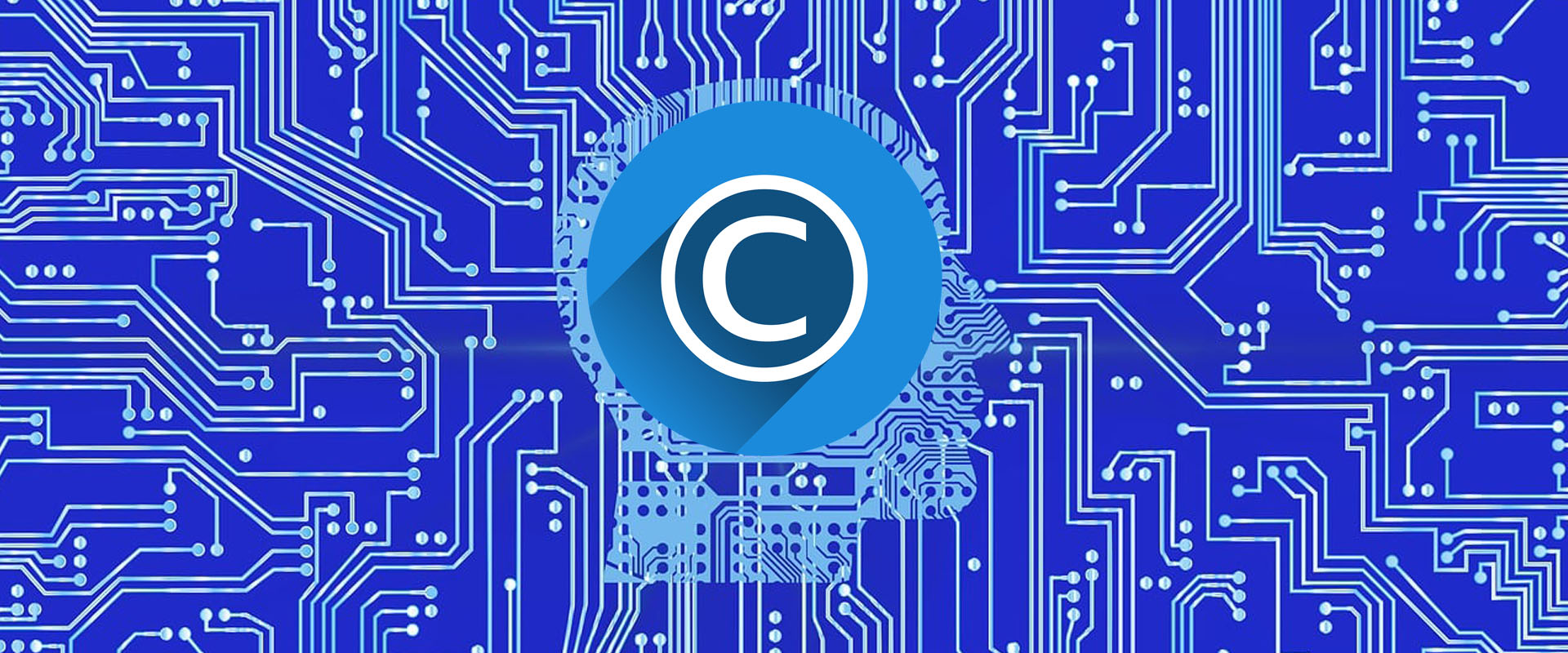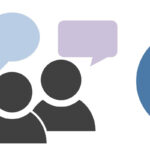The rapid advancement of generative Artificial Intelligence (AI) is revolutionizing content creation, but it’s also raising complex legal questions. As AI-generated content becomes more prevalent, intellectual property owners, creators, and their representatives must navigate an ever-evolving legal landscape to protect their rights and stay ahead of emerging challenges.
Whose Copyright Is It?
Traditional copyright law is built on the principle that only works created by humans are protected. However, generative AI blurs this line by producing original content autonomously. This raises the question: can AI-generated works be copyrighted, and if so, who owns them—the creator of the AI or the user who initiated the process?
Recent Legal Challenges and Lawsuits
In 2023 and 2024, several media companies filed lawsuits against OpenAI and others, alleging copyright infringement for using their content to train AI models without permission.
- The New York Times filed a lawsuit against OpenAI and Microsoft in December 2023, alleging that “widescale copying” by their AI systems constituted copyright infringement. The case is ongoing, and the court’s decision could have significant implications for the use of copyrighted content in AI training.
- Similarly, Intercept Media Inc. filed a lawsuit against OpenAI in February 2024, alleging that OpenAI used the work of their journalists to train ChatGPT without permission or proper attribution. The court rejected OpenAI’s bid to dismiss the lawsuit, which has allowed the case to proceed as of November 2024.
- In November 2024, the news agency Asian News International (ANI) sued OpenAI for using its original news content in an unauthorized manner, potentially becoming the first Indian publisher to take legal action against an AI company for violating its intellectual property rights.
Regulatory Responses
In addition to court action, governments and regulatory bodies are beginning to respond to these challenges. The U.S. Copyright Office, for example, launched a comprehensive initiative in 2023-24 to examine the impact of generative AI on copyright law. The initiative aims to provide guidance on issues such as the copyrightability of AI-generated works, licensing considerations, and liability issues.
In addition, the Congressional Research Service (CRS) published a report titled “Artificial Intelligence and Copyright Law: A Primer” in May 2023. This report explores how copyright law principles such as authorship, infringement, and fair use apply to AI-generated content. Insights and key takeaways include:
- Fair Use for AI Training—explores whether using copyrighted content to train AI models falls under fair use, considering factors such as the purpose, nature, and amount of content used.
- Authorship—emphasizes that copyright protection requires human authorship, meaning AI-generated content alone cannot be copyrighted unless a human significantly contributes to its creation.
- Liability—addresses potential liability issues, such as who would be responsible if an AI-generated work infringes on existing copyrights.
On March 16, 2023, the U.S. Copyright Office published a statement of policy in the Federal Register, providing guidance on the registration of works containing AI-generated material. The policy clarifies that AI-generated content, on its own, cannot be copyrighted, but if a human has significantly contributed to the creation of the content, they may claim copyright as a joint author.
The Future of AI and Copyright
As AI technology continues to evolve, so will the legal frameworks that govern it. IP owners and their representatives must stay informed about these changes and adapt their strategies accordingly. This may involve seeking legal advice, exploring licensing agreements, and advocating for clear and fair regulations that balance innovation with the protection of creator (and owner) rights.
While the future of copyright in AI-generated content is still being written, Ludwig APC remains vigilant and proactive in helping our clients understand their rights and ensure their creations are protected in this new era of AI-generated content.
Let’s Work Together: Global Experience, Personal Focus
Contact Ludwig APC today to arrange a free consultation at (619) 929-0873 or consultation@ludwigiplaw.com.



